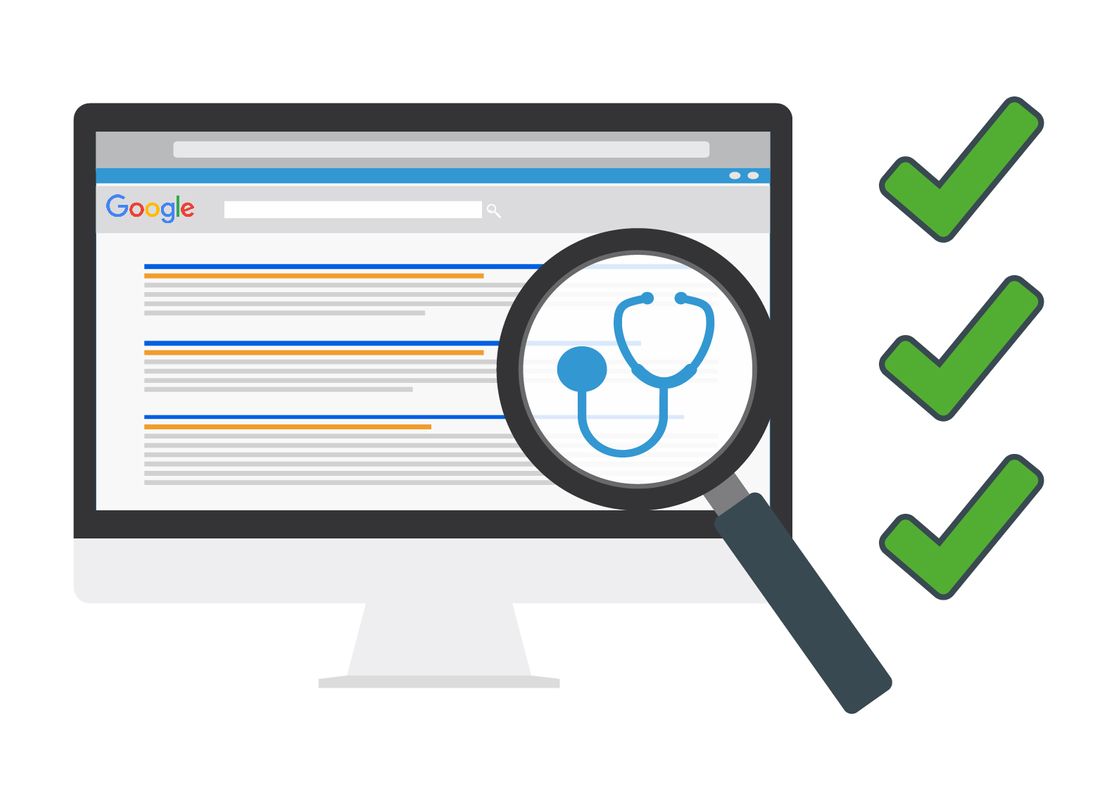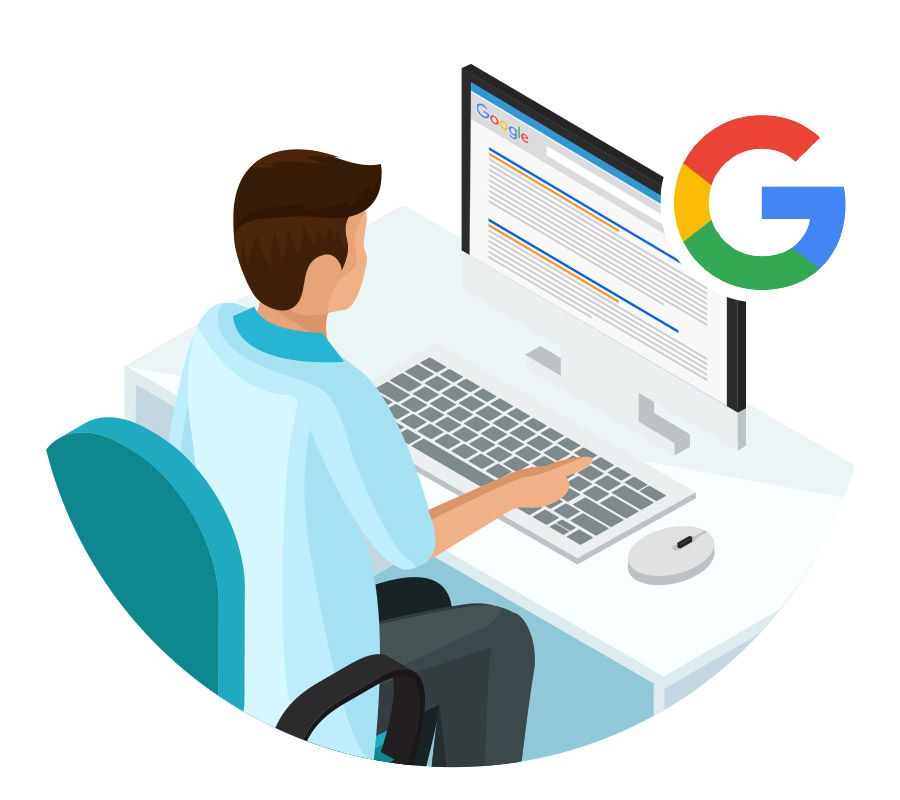Entering the world of web design can seem a little overwhelming. With so many designers and companies to choose from, finding the right designer to meet your medical web design needs – someone that understands what you are looking for and can accurately create the website that you want – is one of the most crucial decisions that you will make for your business.
1. Know your goals
Have a clear idea of your site’s purpose. Think about your goals and how your medical website can help you reach them. Whether you want to attract new patients, offer support and advice for current patients, provide health-related informational resources, or enhance your professional image, devise a clear conceptualization of your site so you can communicate this to your designers.
Think about how you want your site to look visually. Do you prefer something modern and clean, or a more traditional looking site? Look at other sites (both medical and non-medical sites) and make note of what you like and don’t like.
2. Know your budget
Knowing how much you are willing to spend can help you narrow down potential candidates. Look at how much you have spent on marketing in the past 3-5 years. Determine how much you are able to invest in the project, and ask your agency for ROI projections. Keep in mind, a simple website of 5-10 pages will cost anywhere from $3,500 to $5,000.
3. Research potential designers
Almost anyone can create and design a cookie-cutter, template website these days, but a good web designer will ensure your site stands out from the rest.
[related_content]
- Track record – dive into an agency’s portfolio. Have they created similar sites for other medical practices? Ask to see case studies, client testimonials and performance data. A medical website designer understands the nature of the healthcare industry, and will be better equipped to meet your specialty’s needs.
- Level of interest – In order to build a site that reflects who you are, a designer needs intimate knowledge of your business and brand. A good designer should be asking a lot of questions to build this knowledge.
- Past platform experience – You want to hire someone that has expertise building sites on the platform or CMS that you are using, or can help you decide if you are unsure which platform to use. If you plan to maintain the site yourself (update content and/or graphics), make sure the designers can develop a site that is easy to update.
4. Own the copyright
Finally, when developing your medical website, you want to ensure that you own all intellectual property rights. All content and design, including custom-made graphics, and all the coding work, should be signed over to you.
Your website is a crucial part of your medical business. Thorough and extensive research, planning and interviewing of potential designers will help ensure a website that reflects your business and goals and is delivered on time and within budget.


